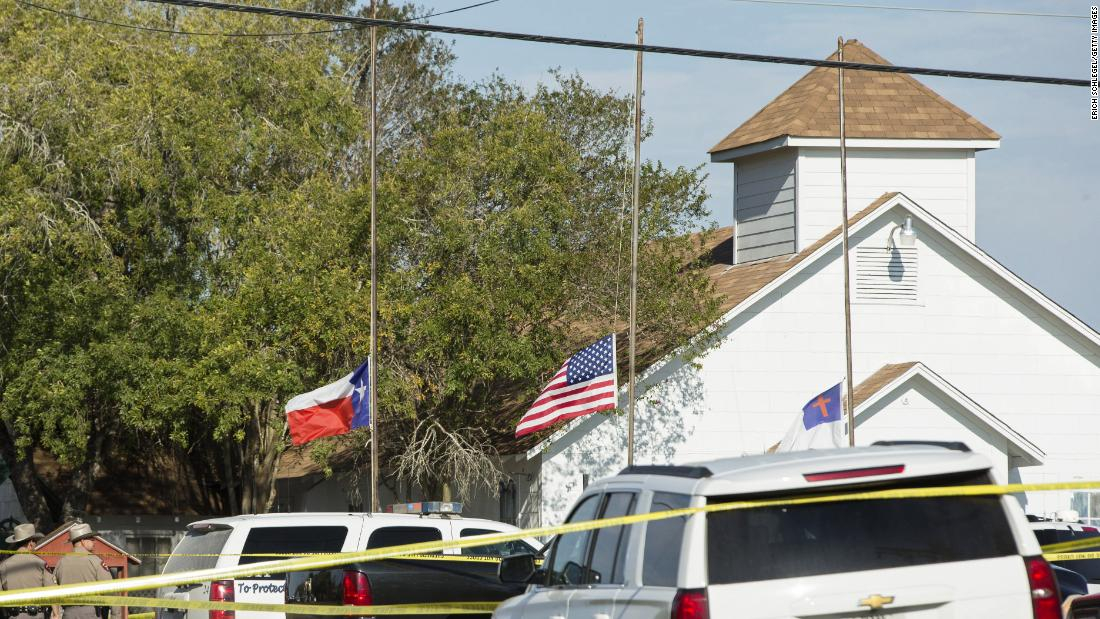Earlier this month, a situation arose involving Texas shooter Devin Patrick Kelley's iPhone that reflected the continued animosity between the FBI and Apple. After Texas Rangers and the feds dragged their heels and ignored Apple's offer of help to unlock the device, the company has now been served with a search warrant.
The day after Kelley murdered 26 people in Sutherland Springs, FBI special agent Christopher Combs said the phone belonging to the deceased shooter---later identified as an iPhone SE---had been transported to the agency's Quantico headquarters in the hope of obtaining some important information.
"Unfortunately, at this point in time, we are unable to get into that phone," said Combs. "It highlights an issue that you've all heard about before, with the advance of the technology and the phones and the encryptions, law enforcement, whether that's at the state, local or federal level, is increasingly not able to get into these phones."
The FBI reportedly didn't contact Apple for help, and despite the company reaching out following Combs' statement, the agency never responded to its offers of aid. This meant the FBI missed a window of opportunity that could have seen it access the handset.
If Touch ID was enabled, there might have been a way to unlock the device, such as using Kelley's fingerprint. But Touch ID is disabled 48 hours after it was last activated or when the phone is powered off.
The Washington Post reported that the FBI declined Apple's help as it was trying to determine other methods of accessing the handset, but last year's San Bernardino iPhone saga may have played a part in its unwillingness to cooperate.
As predicted, Texas Rangers have now served Apple with a warrant for access to Kelley's iPhone SE and, if one exists, his iCloud account. They are also seeking access to a second device, which is described as a cheap LG phone.
Apple is usually willing to aid law enforcement when it comes to accessing iCloud data; it even offered to "expedite our response to any legal process" in this case. But breaking into the iPhone SE could be a different matter entirely.
It looks like Apple and the FBI have found themselves in a similar situation as they did with the San Bernardino iPhone, which saw the company refuse to create a backdoor for Syed Rizwan Farook's iPhone 5c. It appeared as if a protracted court case was brewing, but the FBI eventually gained access using a tool from an unnamed third party.
Apple has yet to respond to the search warrant.
